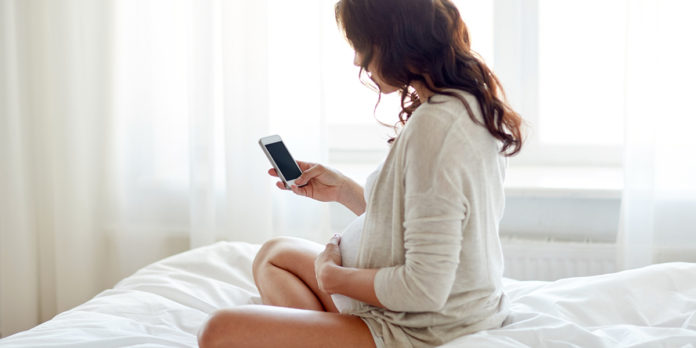
A new mobile app developed by University of Queensland researchers is aiming to reduce the rate of stillbirth in Australia by 30 per cent.
Currently being trialled at the Mater Mothers’ Hospital in Brisbane, the My Baby’s Movements app focuses on counting a baby’s kicks.
Mater Research Institute-University of Queensland (MRI-UQ) researcher Professor Vicki Flenady said Mater Mothers was committed to stillbirth research and prevention.
“Stillbirth affects more than 2,000 Australian families each year, yet many stillbirths are preventable,” Dr Flenady said.
“Every year at Mater Mothers, we provide care to more than 100 mothers who will not take their baby home.”
“Stillbirths seem to occur in apparently healthy and normal mums and babies, and sometimes the only sign that your baby isn’t ok is a decrease in movements.”
The app was developed by the Stillbirth Centre of Research Excellence through MRI-UQ in consultation with pregnant women and women who have experienced stillbirth.
Dr Flenady said the app is designed to increase a mother’s awareness of their baby’s movements and to encourage mothers to report concerns early.
“Over half of women who have had a stillbirth reported that their baby slowed down in movements but they didn’t know to do anything about it.”
The My Baby’s Movements (MBM) program is being trialled as part of an MRI-UQ led research study conducted at 26 different hospitals across Australia and New Zealand.
The study will include birth outcome data for almost 300,000 women to see whether the MBM program improves outcomes for mothers and babies.
Mothers interested in joining the trial should contact their midwife or obstetrician to see if they are eligible to participate.
(Source: The University of Queensland)









